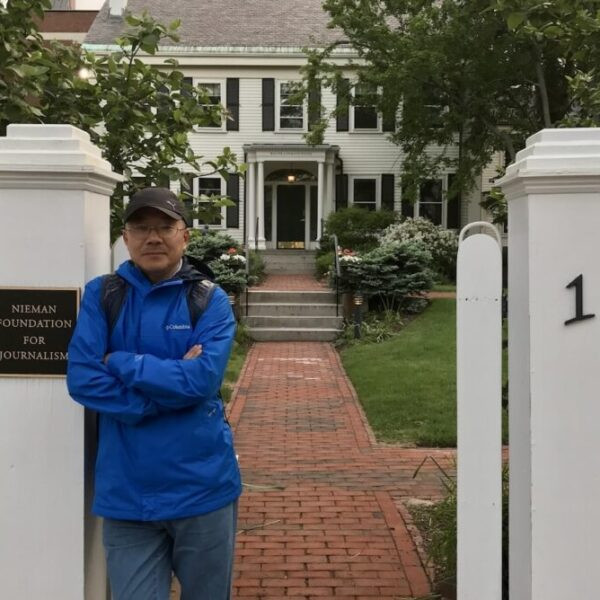A Beijing court has sentenced Dong Yuyu, a senior journalist at the state-run Guangming Daily, to seven years in prison on espionage charges, sparking outcry from press freedom advocates and raising concerns about China's treatment of journalists engaging with foreign entities. Dong, 62, was detained in February 2022 after dining with a Japanese diplomat at a Beijing hotel. The diplomat was released hours later, but Dong remained in custody, facing accusations of sharing sensitive information.
The sentence, handed down on Friday, follows a secret trial typical of cases labeled as threats to national security. Dong's family, who maintains his innocence, criticized the lack of transparency. "Yuyu is being persecuted for the independence he has demonstrated during a lifetime spent as a journalist," the family said in a statement. They revealed that the court proceedings were closed to both the press and family members, with no evidence or records made public.
Dong's case has drawn widespread condemnation from rights organizations and international observers. "Jailing journalists on bogus and unjust charges like espionage is a travesty of justice," said Beh Lih Yi, Asia program coordinator for the Committee to Protect Journalists. The organization noted that China leads the world in imprisoning journalists, with 44 media workers behind bars as of December 2023.
Respected journalist and Nieman alum Dong Yuyu has been sentenced to seven years in prison in China. Nieman curator @AMLwhere: "We stand with many in hoping for a speedy reversal of this harsh decision so he may return to his family as soon as possible.” https://t.co/zir37PFENj pic.twitter.com/67v2epf9dG — Nieman Foundation (@niemanfdn) November 29, 2024
Dong's sentencing alleges inappropriate exchanges with Japanese diplomats, including Hideo Tarumi, Japan's former ambassador to China. His family expressed shock that the court classified diplomatic meetings as espionage. "We are shocked that the Chinese authorities would blatantly deem a foreign embassy as an 'espionage organization' and accuse the former Japanese ambassador and his fellow diplomats of being spies," they said.
Dong's background reflects a career of bridging China with the international community. He was a Nieman Fellow at Harvard University in 2006-07 and later served as a visiting fellow at Japan's Keio University and a professor at Hokkaido University. His writings, often published in The New York Times and Financial Times' Chinese editions, explored governance improvements for the Communist Party without overtly opposing its authority. In 2002, Dong received a state journalism award for his commentary on the Party's achievements.
While China's Ministry of Foreign Affairs insisted the trial was conducted lawfully, critics argue the conviction represents an intensification of President Xi Jinping's decade-long crackdown on civil liberties and foreign interactions. "The government is trying to send a message that normal contacts with the outside world are undesirable," said Ian Johnson, a writer and friend of Dong. He added that no concrete evidence of espionage was presented during the trial, raising concerns that mere diplomatic engagements were deemed suspicious.
The case comes amid a broader pattern of targeting journalists and intellectuals. Earlier this year, Beijing sentenced Chinese-Australian dissident writer Yang Hengjun to a suspended death sentence on similar charges. Such actions underscore the erosion of press freedom under Xi's administration, which has tightened control over domestic media and discouraged international cooperation.
Dong's plight also highlights the perils of fostering cross-border dialogues in an increasingly insular China. The National Press Club in Washington called him "the epitome of the kind of people-to-people exchanges that China has been working so hard to establish and maintain for the past 30 years," adding that "that era is now over."
Human rights advocates are calling for Dong's immediate release. "Interacting with diplomats is part of a journalist's job," said Beh Lih Yi. "Dong Yuyu should be reunited with his family immediately."
The Japanese embassy in Beijing declined to comment directly on Dong's case but defended the legitimacy of its diplomatic activities. "In any case, the diplomatic activities of Japanese diplomatic missions abroad are carried out in a legitimate manner," a spokesperson said.






